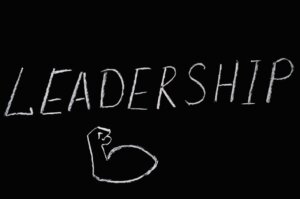By: Kristin Keffeler
Many of us thrive on it–the rush that comes with feeling that we’re conquering our world, accomplishing more in each day than the Average Joe. We have a love-hate relationship with the pressure—oscillating between craving the stimulation of managing concurrent tasks and sizzling with the mental overwhelm of the demands on our attention.
When did our ability to fracture our attention across time and space become such a badge of honor? A perceived trait of the successful? Is multitasking really such a beneficial skill to cultivate?
The Value of a Fast and Nimble Thinker
There’s no doubt that the best and brightest are able to handle multiple inputs, shift gears quickly when necessary, and be nimble enough to jump into whatever task or problem is in need of attention. There is also no doubt that this constant “channel changing” mode of operation takes its toll—physically, emotionally and mentally.
What genius is lurking in the depths beneath your darting thoughts and chronic distractibility?
Tapping Your Genius
In the book The Attention Revolution—Unlocking the Power of the Focused Mind, author B. Alan Wallace explores the potential of a mind practiced in sustained focus. He writes,
“… geniuses of all kinds excel in their capacity for sustained voluntary attention. Just think of the greatest musicians, mathematicians, scientists, and philosophers throughout history–all of them, it seems, have had an extraordinary capacity to focus their attention with a high degree of clarity for long periods of time. A mind settled in such a state of alert equipoise is a fertile ground for the emergence of all kinds of original associations and insights. Might “genius” be a potential we all share–each of us with our own unique capacity for creativity, requiring only the power of sustained attention to unlock it? A focused mind can help bring the creative spark to the surface of consciousness. The mind constantly caught up in one distraction after another, on the other hand, may be forever removed from its creative potential.”
Makes you think twice about answering emails on your Blackberry during your next project brainstorming meeting, doesn’t it?
Cultivating the Focused Mind
Chronic mental stimulation (agitation?) is such a common and expected mode of operating that, for many, it can be uncomfortable to even experiment with “uni-tasking.”
Interested in exploring what genius of yours may be skirting the edge of your distracted mind? In the next two days, challenge yourself by selecting a project that is begging for your attention. Shut your office door. Turn your email off. Let your phone go to voicemail. Now, commit to yourself that you will focus solely on that project for 1 hour. Notice what happens in that hour—is your heart rate lower? Do you work more rapidly? More creatively? With more satisfaction?
Hmmmm… maybe it’s worth creating more uni-tasking time in your day.
If you don’t answer my next call, I’ll know what you’re doing.
Kristin Keffeler, MSM, is a business development and leadership coach who specializes in supporting entrepreneurs and business leaders who are ready to focus their innate drive for high performance and differentiate their services in the market by building the courage and capacity to bring their Big Ideas to life.
 Sections of this topic
Sections of this topic

















